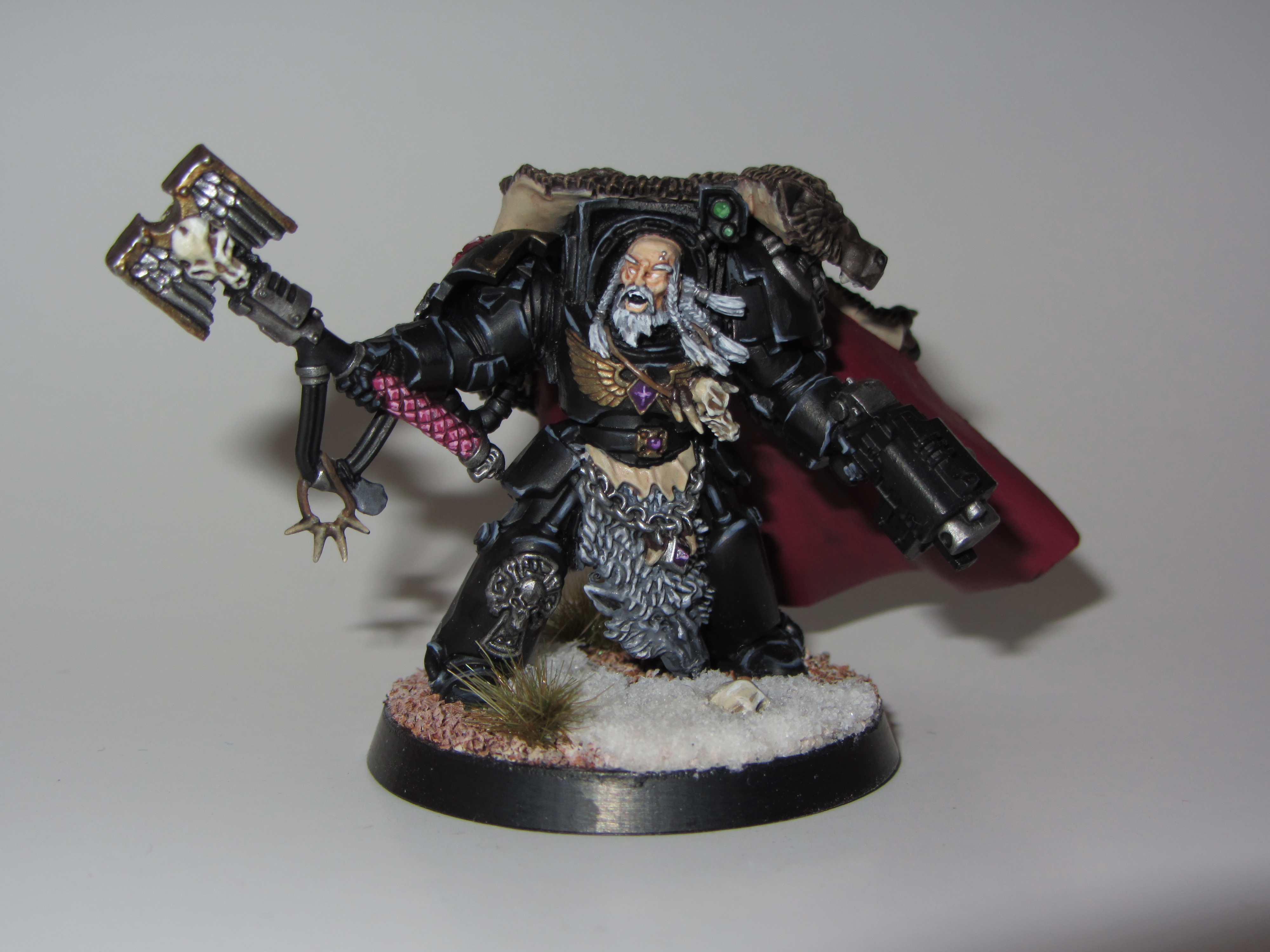

In Indo-European studies, the modern German term Männerbund (literally 'alliance of men') is often used to refer to the *kóryos. Ancient Iberian onomastics also attest the noun, albeit in the form *koro, with the same meaning. Īdditionally, the Asturian personal name Vacoria (similar to Gaulish Vocorius) has been interpreted as stemming from the Celtic ethnic name * (d)uo-korio 'possessing two armies', and the Gallic tribal name Coriosolites as meaning 'those who watch over the troop', or ''those who purchase soldiers or mercenaries'. Some toponyms in Western Europe, such as Cherbourg in France or Heerlen in the Netherlands, may stem from historical ethnic groups whose name contained the Celtic noun *koryo- 'army, troop', as proposed by Pierre-Yves Lambert. The noun *harja- is also part of compound names in Germanic languages, such as Herigast ( Heregast), possibly attested as Harikast on the Negau helmet. The Gallic tribes Uo-corri ('two-armies'), Tri-corii ('three-armies') and Petru-corii ('four-armies') were presumably formed from alliances of roving war-bands. In west-central Indo-European dialects, the designation *koryonos, meaning 'leader of the *kóryos' (here attached to the suffix -nos 'master of'), is also attested: Ancient Greek koíranos 'army-leader', Old Norse Herjan (< PGmc *harjanaz 'army-leader'), and Brittonic Coriono-totae 'people of the army-leader'.

The term *kóryos has descendant cognates in the Baltic *kāryas 'army', Celtic *koryos 'troop, tribe', and Germanic *harjaz 'host, troop, army, raiding-party'. It stems from the noun *kóro- 'cutting, section, division', attested in Old Persian as kāra 'people, army' and in Lithuanian as kãras 'war, army'. The Proto-Indo-European noun *kóryos denotes a 'people under arms' and has been translated as 'army, war-band, unit of warriors', or as 'detachment, war party'. 2.2 Role in the Indo-European migrations.Subsequent Indo-European traditions and myths feature parallel linkages between property-less adolescent males, perceived as an age-class not yet fully integrated into the community of the married men their service in a "police-army" sent away for a part of the year in the wild (where they hunted animals and raided foreign communities), then defending the host society during the remaining part of the year their mystical self-identification with wolves and dogs as symbols of death, promiscuity, lawlessness, and warrior fury and the idea of a liminality between invulnerability and death on one side, and youth and adulthood on the other side. The kóryos ( Proto-Indo-European: "army, people under arms" or "detachment, war party") refers to the hypothetical Proto-Indo-European brotherhood of warriors in which unmarried young males served for a number of years before their full integration to the host society, in the context of a rite of passage into manhood.


 0 kommentar(er)
0 kommentar(er)
